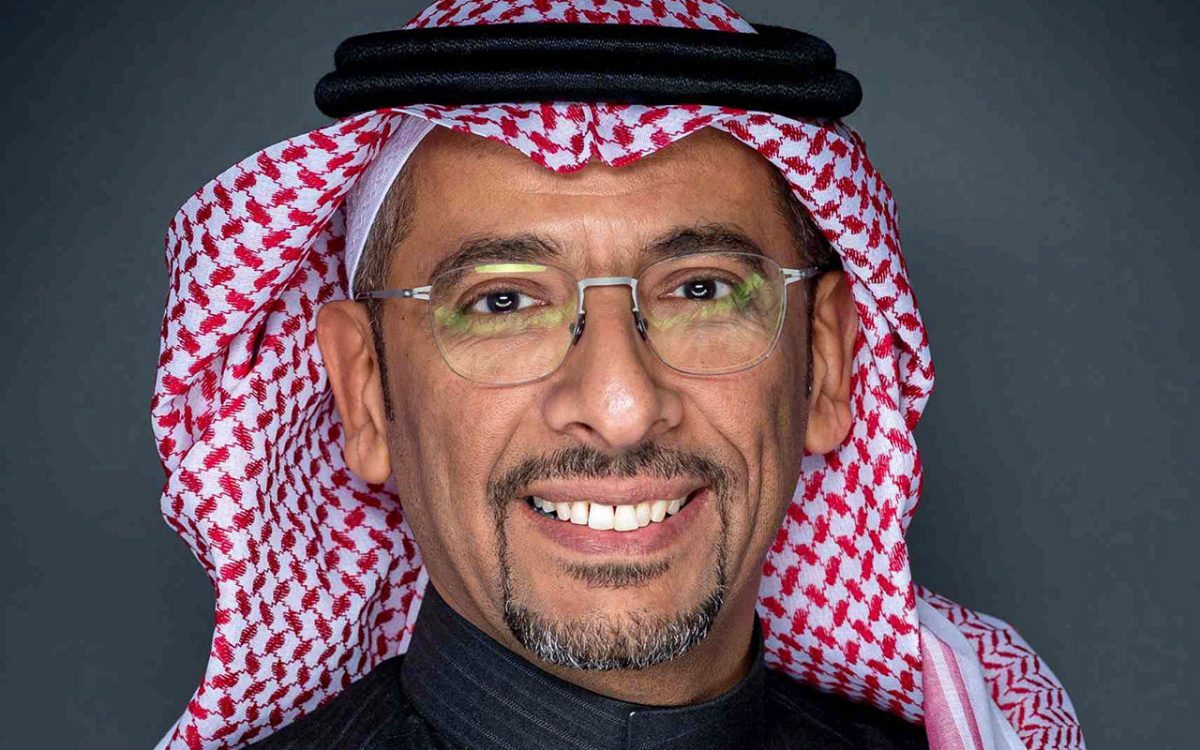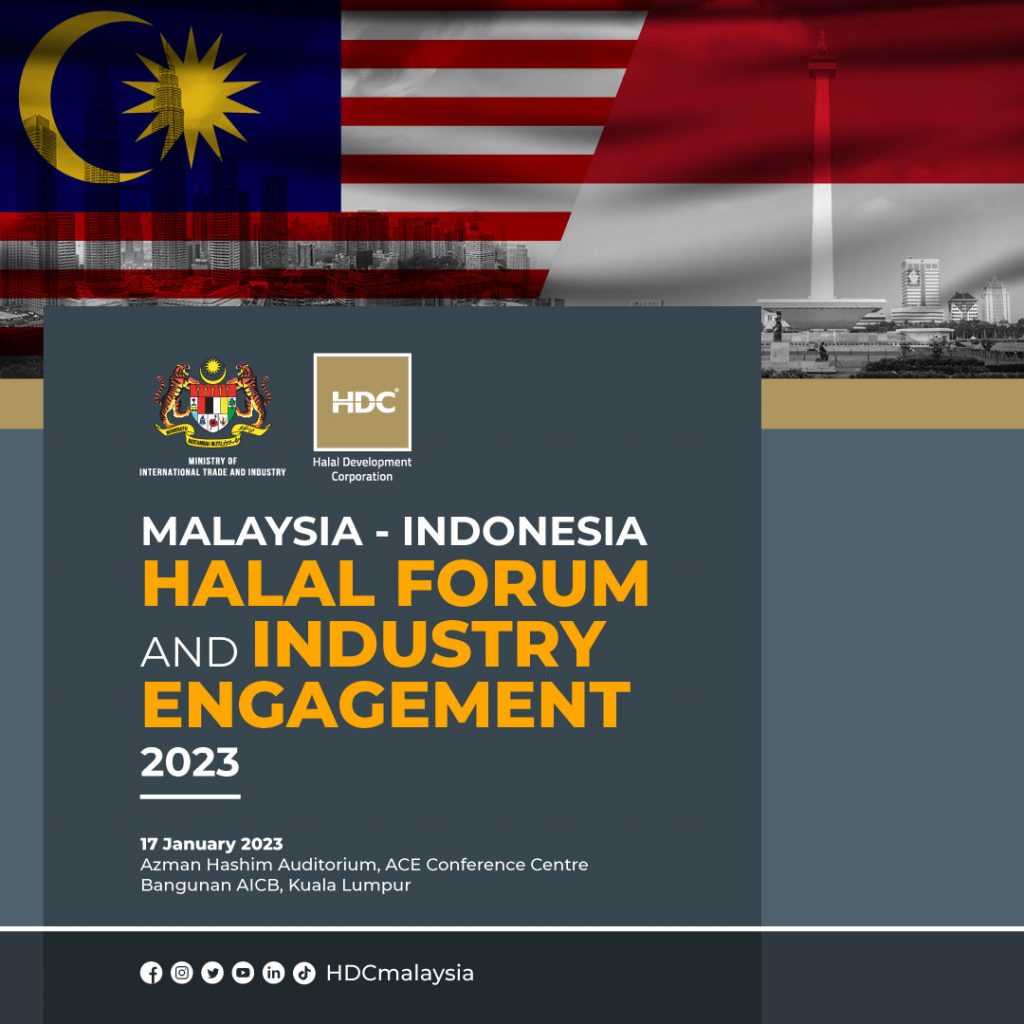 STAKEHOLDERS in the halal industry are intensifying halal food production in the country as they aim to increase access to local and foreign markets and raise exports by 10 percent.
STAKEHOLDERS in the halal industry are intensifying halal food production in the country as they aim to increase access to local and foreign markets and raise exports by 10 percent.
Ammar Yassir Baraguir, program head of the Department of Agriculture’s (DA) Halal Project Management Office, said they are currently in the second phase of the DA-Halal Food Industry Development Program’s 10-year halal roadmap of 2017-2027, which involves the production phase.
“As far as production is concerned, we have established several halal multiplier farms, (which involves) procurement of P5 million worth of animals for distribution in areas covered by the halal multiplier farms (and) technical assistance to private farms who seek to be halal certified,” he said during the recent Usapang Exports webinar.
Baraguir said guidelines have been developed for DA-assisted halal farms as it provides assistance to farms that seek to be halal.
“These are micro farms, they are not capable of having the financial requirement to be certified as halal. So what we do is we provide technical assistance and other support for them to be recognized as halal even before they are fully certified,” he said.
Baraguir said they are also gearing up to draft a catalog of the DA-assisted halal products.
“We are aiming to craft future products that are not fully halal certified but if based on the assessment of the program, most likely halal-compliant. In such a way that we can give producers market opportunities… (they are those who seem) just a step away (from being) halal certified,” he added.
Baraguir said that in coordination with the Bureau of Agriculture and Fisheries Standards, they are also working to create additional Philippines National Standards for Halal.
As of 2023, Baraguir said there are already six Philippines National Standards for Halal, including those for halal agriculture and fisheries products, halal slaughtering practices for ruminants, halal slaughtering practices for poultry, halal feeds, code on halal goat production, and production of halal raw milk-code of practice.
Under the halal food production phase, stakeholders target to increase halal crops, animals, and milk, as well as agri-fishery outputs, he said.
He added that after the second phase, they will work on the third phase of the halal roadmap, which involves the exportation phase.
Baraguir said the earlier first phase aims to mainstream the halal food industry development program, develop a policy framework, conduct capability building and other training activities, and engage in quad media promotions. (PHILEXPORT)



